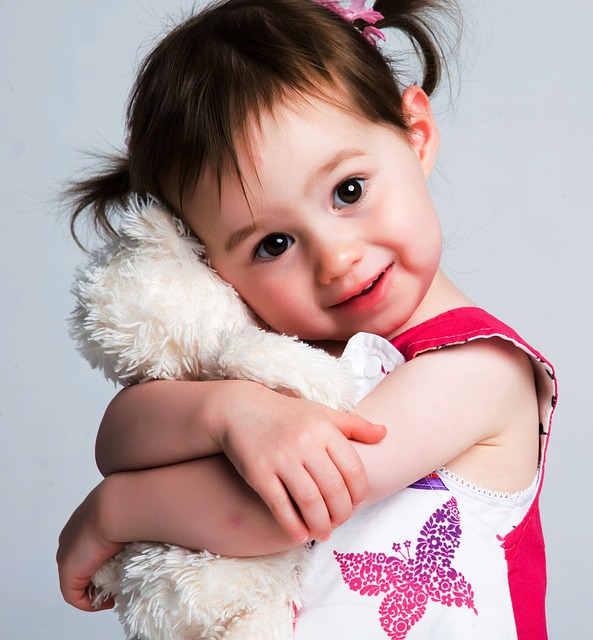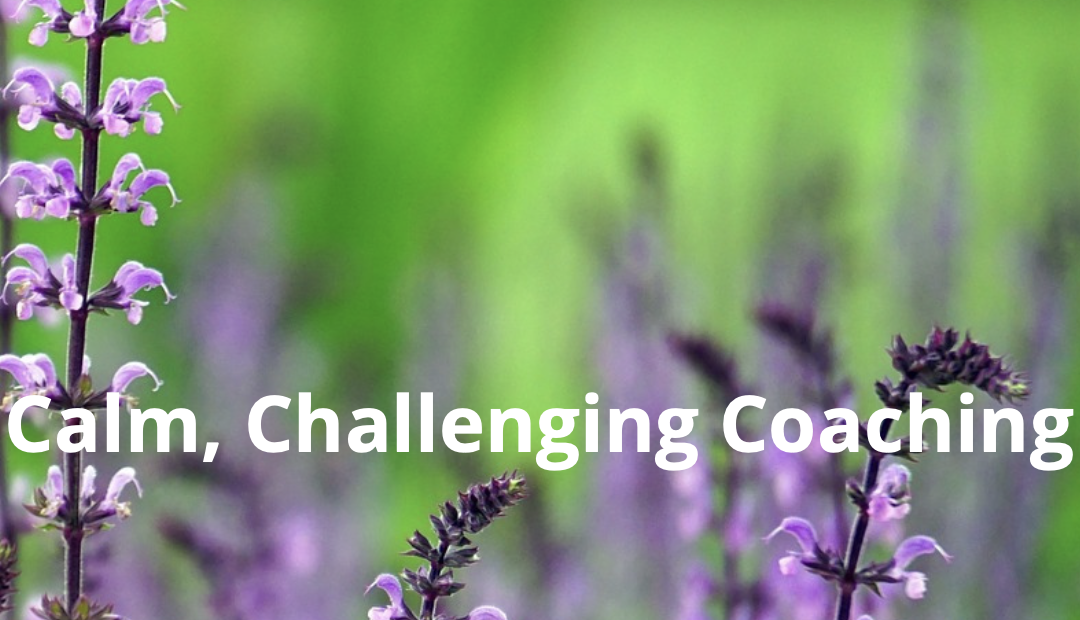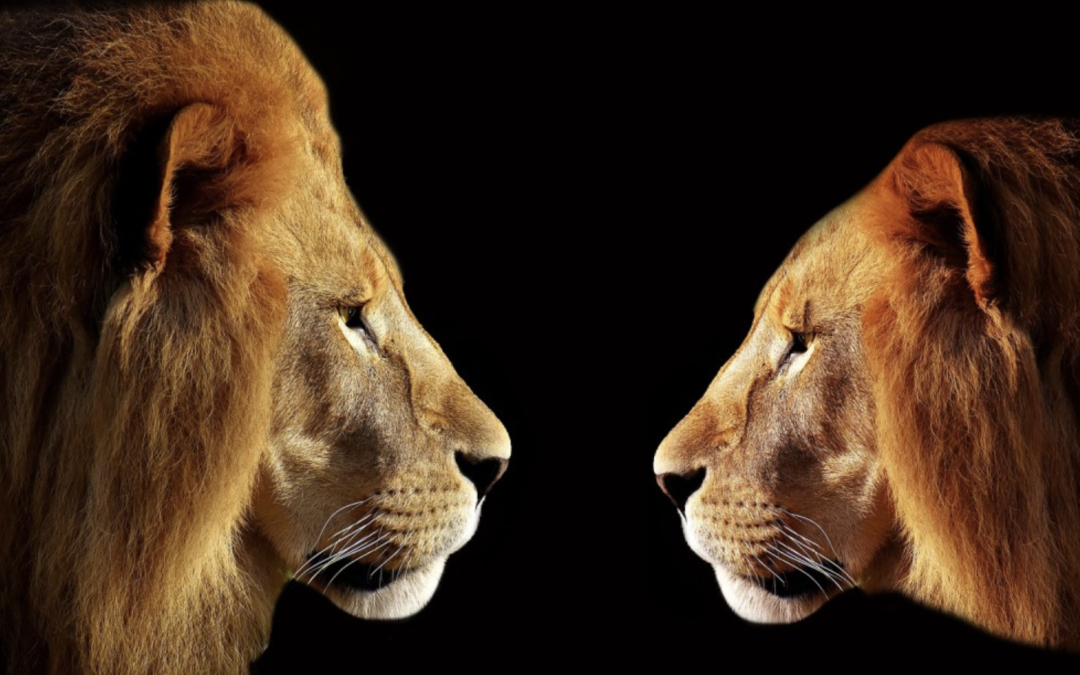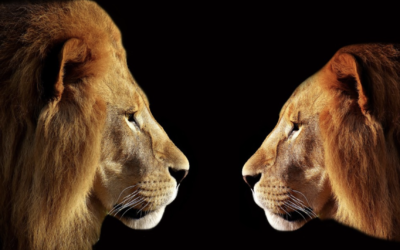Reading the newspaper the other morning, delaying the inevitable walk from breakfast in the garden to my office at the other end of the house, I came across an article that got me thinking. In it, one of my tutors from the University of East London, Dr Tim Lomas, was being interviewed about one of his new books called ‘The Happiness Dictionary’, which is a compendium of words from around the world that have no direct English translation: words like the Danish ‘hygge’, and in this case a Welsh word, ‘cwtch’.
Now I know that if you do not come from that small stretch of land in the UK that lies West of Offa’s dyke and East of the Irish Sea, you will have looked at that word and decided it is unpronounceable. The ‘c’ is hard, the ‘w’ is a short ‘oo’ sound and the word rhymes with ‘butch’. Welsh, the language I grew up surrounded by, has several of these untranslatable words that resonate for me and which my husband, an English man, is just about getting the hang of.
So, what does it mean?
Well, basically it is a cuddle. More than a hug, which is short and firm, and more even than a cuddle. It could be from an adult to a child, or from one person to another who needs comforting. It gives security, declares safety, it makes the one receiving feel supported. It is what I instinctively did when my child fell and hurt her knee, or my friend suffered a breakup. The arms envelop the other person like a cocoon. Things always seemed better after a cwtch when I was younger.

Being a positive psychologist, I decided to check the benefits of hugs or cuddles in the research databases. When I deleted articles about rotor cuff injuries, and those by a scientist named Hug, there were very few research papers on it, and most of those were published in the last few years. The early articles looked at the benefits to premature babies of skin to skin contact in relation to their oxygen levels and breathing rates. One looked at the reduction of tension and anxiety in children with autism when they used a self-administered hug from a hugging machine; another at parents’ feelings of rejection and hurt when their autistic child turned away from touch. It was fascinating.
Cuddle therapy appears to help alleviate the stress of young children when teething, coming only second to the use of teething rings. Children who receive both appear to recover more quickly from a new tooth starting to emerge. In adults, hugs and cuddles add to people’s perceived social support, which in turn seems to protect against more severe symptoms when exposed to a chest infection during a trial. It also predicts better outcomes for wellbeing in people who have suffered traumatic spinal injuries and is one of the pro social activities that predicts improved wellbeing for the elderly in care homes.
So what about cuddling and stress? Even young children find their own coping mechanisms for stressful situations, and girls seem to find cuddling a pet or a soft toy most comforting, while boys apparently are more likely to shout and vent frustrations in other ways. This gender difference is interesting, but I will leave it here for today. Cuddling has been found to reduce anxiety in humans and other mammals, and scientists think that this is because there are pathways in the body that react to changes of skin temperature and pressure. These, in turn, reduce the reaction to stressors and anxieties. So cuddles really can reduce anxiety and stress.
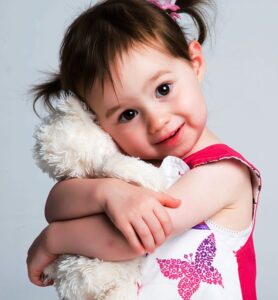
So what about the long term benefits of cuddles?
One long term study published in 2016 looked at how warm mothers were towards their children, this included how cuddly they were. It also looked at how often they spanked their children. Interestingly the two appear to independently affect different things. Increased spanking predicted more aggression in children, but had no affect on how socially competent they were. How warm and cuddly mothers were, however, did predict how socially competent a child became, but had no affect on their aggression levels.
So what does all this mean?
Basically, cuddles and cwtches are great for you, no matter what age you are. They reduce anxiety, make us more resilient against infection and negative life events and improves our sociability. For parents, well, it appears cuddling and kissing it better really do work. On top of this, the giver of hugs also receives benefits from cuddling as their pathways related to pressure on the body and temperature are also triggered, increasing their sense of wellbeing as well. So the environmentalists who advocated tree hugging really were feeling good: they were probably triggering these pathways, making them feel less stressed, whilst they also gained the benefits of being outside in a natural environment.
So can we harness the power of hugs? Absolutely!
One company in Japan is even selling cocoons for single people. These are a sort of hammock which envelops you completely so you have the feeling of the pressure of being held. Now, I don’t think that is quite the same as having a cwtch with your granny, but if there is no-one to give you that cuddle, then I think it is possibly the next best thing.
So who will you hug today?

